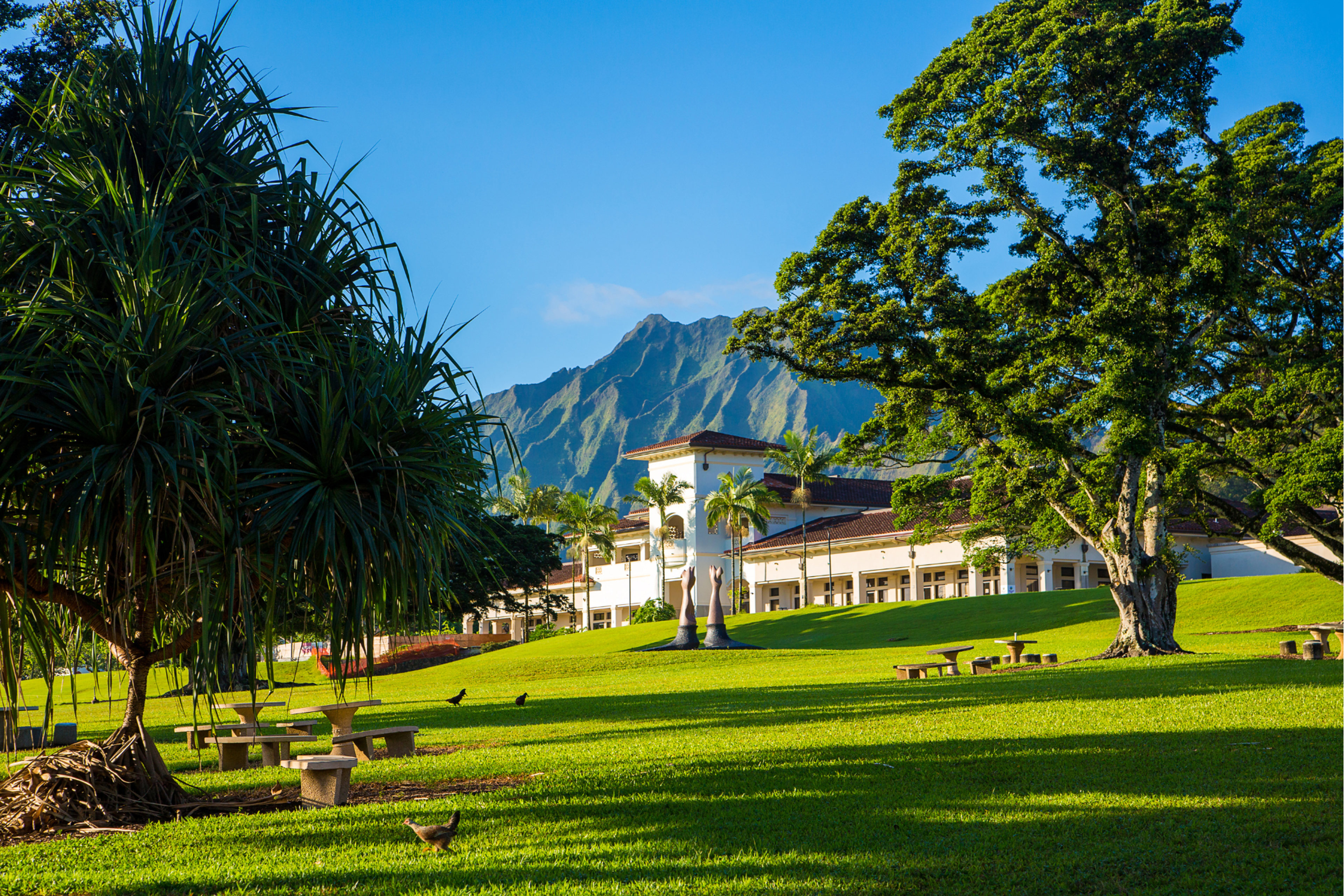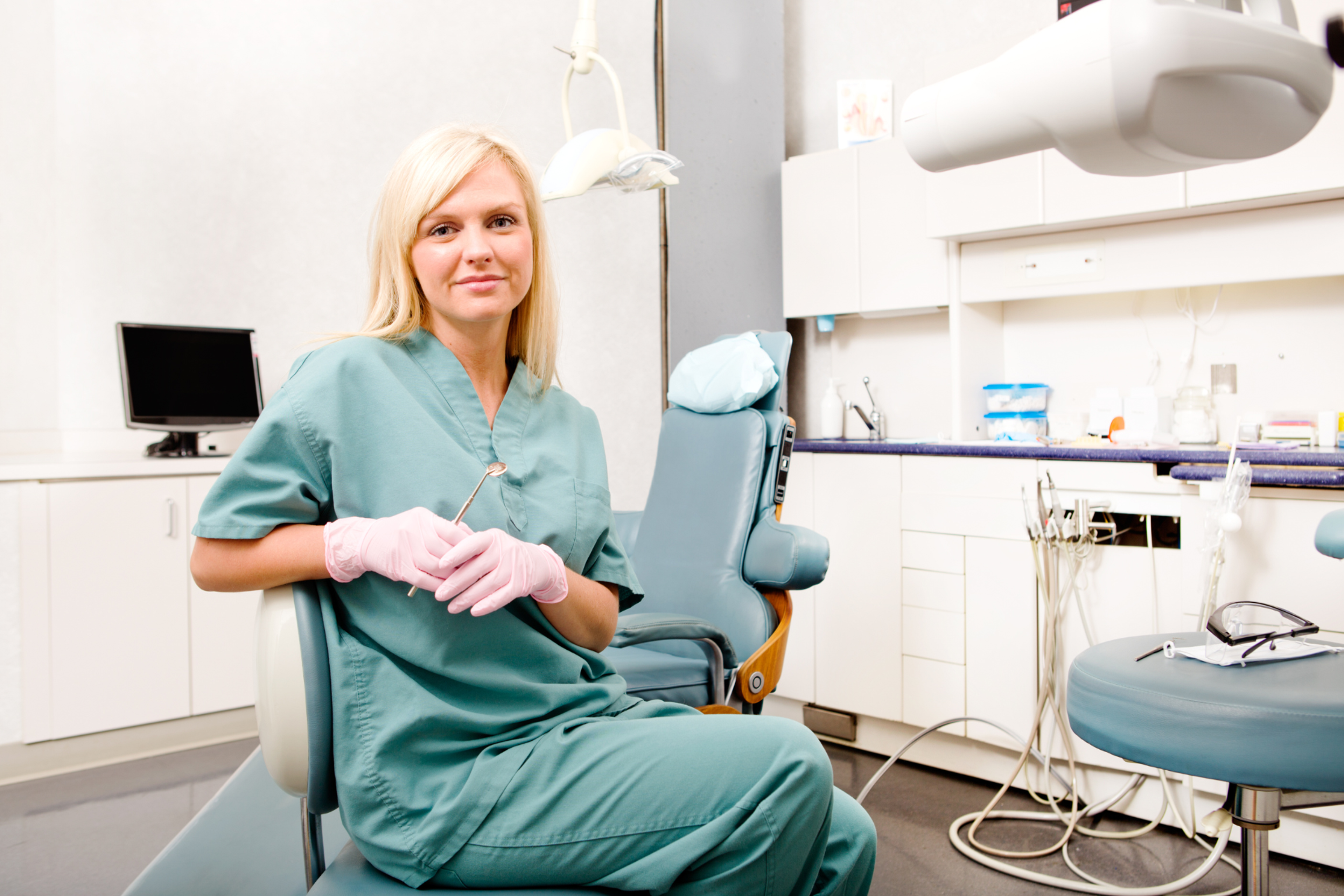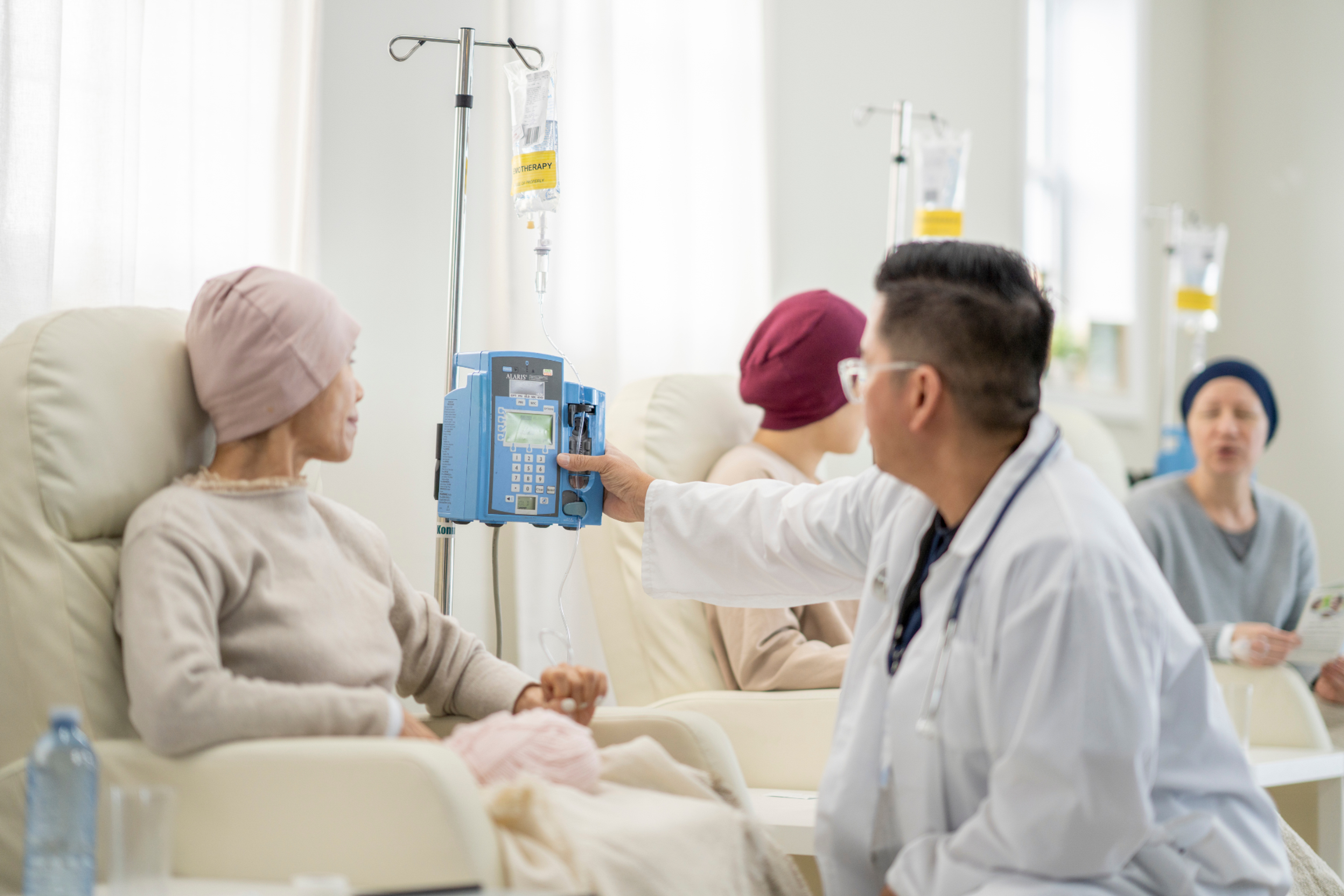Medical Schools in Hawaii – With Acceptance Rates & Deadlines (2025)
Discover Hawaii's only medical school, JABSOM. Learn about admissions, deadlines, tuition, and why it's a top choice for future doctors!
Posted June 25, 2025

Table of Contents
Free Event

Featuring Pravesh S.
Secondary Essays Decoded: Your Blueprint for Writing Success
Starting Tuesday, September 9
7:00 PM UTC · 60 minutes

Featuring Pravesh S.
If you’re an aspiring medical professional looking to study in a tropical paradise, Hawaii might be the perfect place for your medical career. While the state has only one medical school, it offers a unique approach to medicine, focusing on community-based healthcare, health disparities, and serving diverse populations.
In this guide, we’ll cover Hawaii’s only medical school, its acceptance rate, key deadlines, and what you need to apply. Whether you’re a local student or considering moving to Hawaii, keep reading to learn if JABSOM is the right medical school for you!
Medical Education in Hawaii
Hawaii offers a unique setting for medical education, blending advanced healthcare training with a strong focus on community-based medicine. The John A. Burns School of Medicine (JABSOM) at the University of Hawaii is the only medical school in the state.
JABSOM is known for its emphasis on primary care, tropical medicine, and Indigenous health. Students gain hands-on experience early through medical shadowing and work in rural healthcare settings. The school also integrates various science courses and ensures students meet science coursework prerequisites to prepare them for real-world practice.
With its strong hospital partnerships, commitment to healthcare administration, and focus on producing skilled medical students, Hawaii's medical school provides an excellent foundation for a successful medical career.
Medical Schools in Hawaii (2025)
Hawaii is home to only one medical school, the John A. Burns School of Medicine (JABSOM) at the University of Hawaii. JABSOM is a community-based medical school that trains aspiring medical professionals with a strong focus on primary care, rural medicine, and Indigenous health.
Students at JABSOM gain early clinical exposure through partnerships with hospitals across the state. The school’s mission includes addressing health disparities in Hawaii and the Pacific Islands, making it a good medical school for those interested in community health and underserved populations.
If you’re considering a medical career in Hawaii, JABSOM offers a well-rounded education with a curriculum designed to meet the unique healthcare needs of the region.
John A. Burns School of Medicine (JABSOM) – University of Hawaiʻi at Mānoa
- Acceptance Rate: 3.5%
- Location: Honolulu, HI
- Founded: 1965
- Focus Areas:
- Rural and primary care medicine
- Indigenous and Pacific Islander health
- Tropical and global medicine
- Affiliated Hospitals:
- Queen’s Medical Center
- Kuakini Medical Center
- Kapiʻolani Medical Center for Women & Children
The John A. Burns School of Medicine (JABSOM) at the University of Hawaiʻi at Mānoa is the sole medical school in Hawaii. For the 2025 admissions cycle, the application deadline is November 1, 2024.
Application Timeline for 2025 Cycle
Key dates for the 2025 admissions cycle include:
- February 19, 2025: "Plan to Enroll" option becomes available for accepted applicants in AMCAS through the "Choose Your Medical School Tool."
- March 14, 2025: Notification of admissions decisions sent out.
- April 30, 2025: "Commit to Enroll" option becomes available in AMCAS for accepted applicants ready to commit and withdraw all other applications.
- May 16, 2025: Deadline for all accepted students to select "Commit to Enroll" in the AAMC Choose Your Medical School Tool, indicating withdrawal from all other applications and commitment to JABSOM.
- July 14, 2025: Entering 2025 class begins.
Admission Requirements
Applicants must meet the following criteria:
- MCAT: Taken between January 2022 and September 30, 2024 (May 31, 2024, for Early Decision).
- AAMC PREview™ Professional Readiness Exam: Taken between January 2022 and October 31, 2024 (July 31, 2024, for Early Decision).
- Education: Completion of 90 college-level semester credit hours from a regionally accredited U.S. or Canadian institution.
- Prerequisite Coursework: Successful completion of required science courses prior to matriculation.
For detailed information on the application process and requirements, prospective students should refer to JABSOM's official admissions page.
Other Institutions that Offer Health-Related Programs
1. Hawaii Pacific University Graduate College of Health Sciences
Hawaii Pacific University Graduate College of Health Sciences offers degree programs in nursing, public health, and social work, preparing students for careers in community health and patient care.
2. Chaminade University School of Nursing and Health Professions
Chaminade University School of Nursing and Health Professions provides comprehensive programs in nursing and healthcare administration, equipping students with both clinical skills and leadership training.
3. Maui College Allied Health Program (University of Hawaii Maui College)
At University of Hawaii Maui College, the Maui College Allied Health Program focuses on nursing, dental assisting, and medical assisting. This program provides students with hands-on experience in healthcare support roles, helping them enter the workforce quickly or transition into advanced healthcare studies.
4. University of Hawaii at Hilo College of Pharmacy
The University of Hawaii at Hilo Daniel K. Inouye College of Pharmacy offers a Doctor of Pharmacy (PharmD) degree, preparing students for careers, where they play a crucial role in medication management, patient counseling, and pharmaceutical research. Though it is not a medical school, it remains a top choice for students interested in pharmacy careers in Hawaii.
5. Brigham Young University-Hawaii Pre-Professional Health Programs
For those looking to pursue medical school, Brigham Young University-Hawaii Pre-Professional Health Programs offers pre-medical coursework to prepare students for medical school applications. This program provides foundational knowledge in biology, chemistry, and other sciences, helping students meet minimum academic requirements before applying to an MD or DO program.
6. Kapi'olani Community College
Kapi‘olani Community College provides training in nursing, radiologic technology, and physical therapy assistance, helping students enter healthcare technician roles.
7. University of Hawaii at Manoa Graduate Program in Nutritional Sciences
The University of Hawaii at Manoa Graduate Program in Nutritional Sciences offers advanced education and research opportunities in human nutrition, dietetics, and public health, preparing students for careers in clinical nutrition, community health, and food science.
8. Leeward Community College Health Programs
Leeward Community College Health Programs offers certificate and associate degree programs in allied health fields, providing an affordable and accessible path to healthcare careers.
9. University of Hawaii at West Oahu Pre-Professional Health Programs
The University of Hawaii at West Oahu Pre-Professional Health Programs helps students fulfill science coursework prerequisites, ensuring they are ready for medical school admissions committees.
Why Study Medicine in Hawaii?
Hawaii offers a unique medical training experience, combining cutting-edge medical education with a deep focus on community-based healthcare. The Burns School of Medicine at the University of Hawaii is committed to training doctors who will serve underserved populations and address health disparities in the Pacific region.
Students benefit from early clinical exposure, working in rural communities and urban hospitals. The school's tropical location also provides opportunities to study tropical medicine and diseases that are uncommon in mainland U.S.
JABSOM is a good medical school for those interested in primary care, Indigenous health, and serving diverse populations. Plus, living and studying in Hawaii means enjoying a beautiful environment while receiving a top-tier medical education.
4 Expert Tips and Strategies on How to Get In
Competition for admission into medical schools in Hawaii is intense, but with careful planning and preparation, you can increase your chances of gaining acceptance. Here are some tips and strategies to help you navigate the admissions process:
- Begin preparations early: Start preparing for your medical school application as soon as possible, including studying for the MCAT, gathering recommendation letters, and crafting a compelling personal statement.
- Research each school: Familiarize yourself with the specific requirements and prerequisites of each medical school you are interested in. This will allow you to tailor your application and highlight your strengths.
- Gain relevant experience: Seek out opportunities to gain firsthand experience in the medical field through internships, research projects, or volunteering at healthcare facilities. This will demonstrate your commitment and passion for medicine.
- Network and seek mentorship: Build relationships with healthcare professionals and current medical students who can provide guidance and support throughout the application process.
The Bottom Line
Hawaii may have only one medical school, but the Burns School of Medicine at the University of Hawaii offers a high-quality medical education tailored to the state's unique healthcare needs. With a focus on community-based medical education, primary care, and tropical medicine, JABSOM prepares students to address health disparities and serve underserved populations in Hawaii and beyond. The school’s competitive acceptance rate and rigorous medical school application process mean applicants must have strong test scores, science coursework prerequisites, and meaningful medical shadowing experience. However, students who are accepted gain early clinical exposure and hands-on training in some of Hawaii’s top hospitals.
For aspiring healthcare professionals looking for a good medical school with a strong mission and a supportive learning environment, JABSOM is an excellent choice. If you’re committed to a medical career in Hawaii, this community-based medical school could be the perfect fit.
Need Help Getting Into JABSOM or Another Med School?
Applying to medical school can be hard, especially if you’re aiming for a school like JABSOM. A medical admissions coach can guide you through every step, from writing your personal statement to preparing for interviews. Work with a medical admission coach who knows what schools are really looking for.
Read these next:
- 20+ Medical Schools in New England: New York, Massachusetts, New Jersey, & More
- 25 Popular Medical Residency Programs
- AACOMAS Application Timeline: Key Dates and Tips
- Average MCAT Scores of the Top 50 Medical Schools
FAQs
How many medical schools are there in Hawaii?
- Hawaii has only one medical school: the John A. Burns School of Medicine (JABSOM) at the University of Hawaiʻi at Mānoa.
Is there a med school in Hawaii?
- Yes, JABSOM is the only medical school in Hawaii. It offers an MD program focused on primary care, rural medicine, and Indigenous health.
What is the average MCAT score for medical school in Hawaii?
- The average MCAT score for accepted students at JABSOM is approximately 512. Competitive applicants also have strong science coursework and healthcare experience.
Is Hawaii’s medical school good?
- Yes, JABSOM is a respected medical school, especially for students interested in community-based healthcare, primary care, and serving underserved populations.
How can I contact JABSOM's admissions office for more information?
- For detailed inquiries, you can reach out to JABSOM's admissions office via email at medadmin@hawaii.edu or by phone at (808) 692-1000. They can provide guidance on application procedures, requirements, and any other questions you may have.











